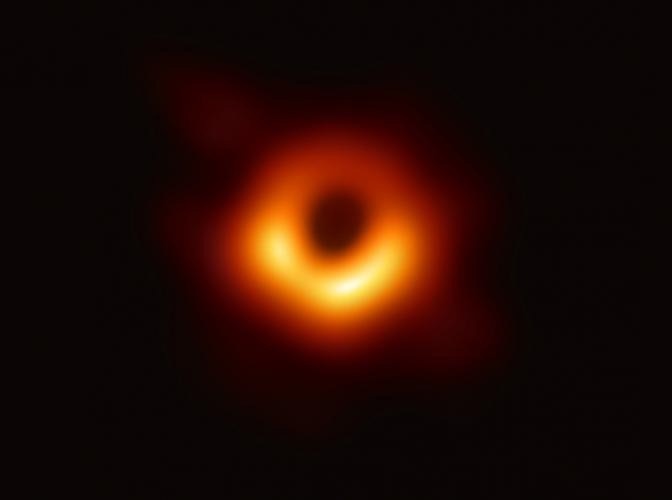
Image Credit: Radboud University
The curvature of spacetime and gravity both contribute to this radiation. This implies that all massive things in the cosmos, such as star remnants, will ultimately evaporate.
Stephen Hawking suggested that the spontaneous production and annihilation of pairs of particles must take place close to the event horizon (the region beyond which there is no escape from the gravitational pull of a black hole). He did this by cleverly combining quantum physics with Einstein’s theory of gravity.
A particle and its antiparticle are formed from the quantum field for a very brief period of time, and then they instantly annihilate. The Hawking radiation can, however, occasionally escape when a particle enters a black hole. This would eventually cause black holes to disappear, according to Hawking.
Spiral
Researchers at Radboud University reexamined this procedure in this new study to determine whether or not the existence of an event horizon is indeed essential. They used a combination of physics, astronomy, and mathematical approaches to investigate what would happen if such pairs of particles were to form near black holes.
The study demonstrated that particles could be produced well beyond this boundary as well.
We demonstrate that, in addition to the well-known Hawking radiation, there is also a new form of radiation.
Michael Wondrak, Postdoctoral Researcher, Astrophysics, Radboud University
Everything Evaporates
W. D. van Suijlekom, Professor of Mathematics, added, “We show that far beyond a black hole the curvature of spacetime plays a big role in creating radiation. The particles are already separated there by the tidal forces of the gravitational field.”
This study disproves the notion that radiation cannot occur without the event horizon, which was previously believed to be essential.
That means that objects without an event horizon, such as the remnants of dead stars and other large objects in the universe, also have this sort of radiation. And, after a very long period, that would lead to everything in the universe eventually evaporating, just like black holes. This changes not only our understanding of Hawking radiation but also our view of the universe and its future.
H.D.E. Falcke, Professor, Astrophysics, Radboud University
The study was published on June 2nd, 2023 in the American Physical Society’s (APS) Physical Review Letters journal.